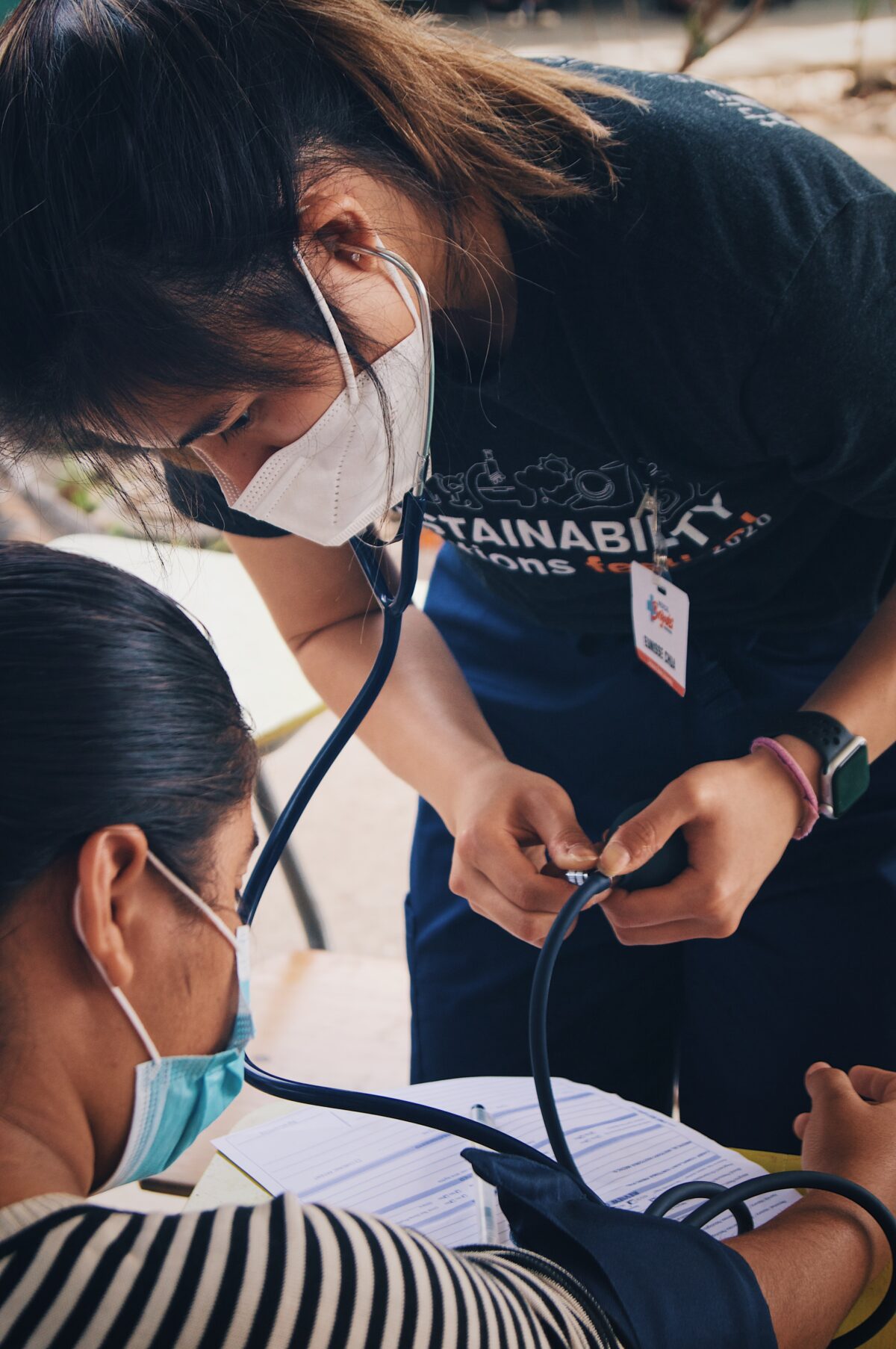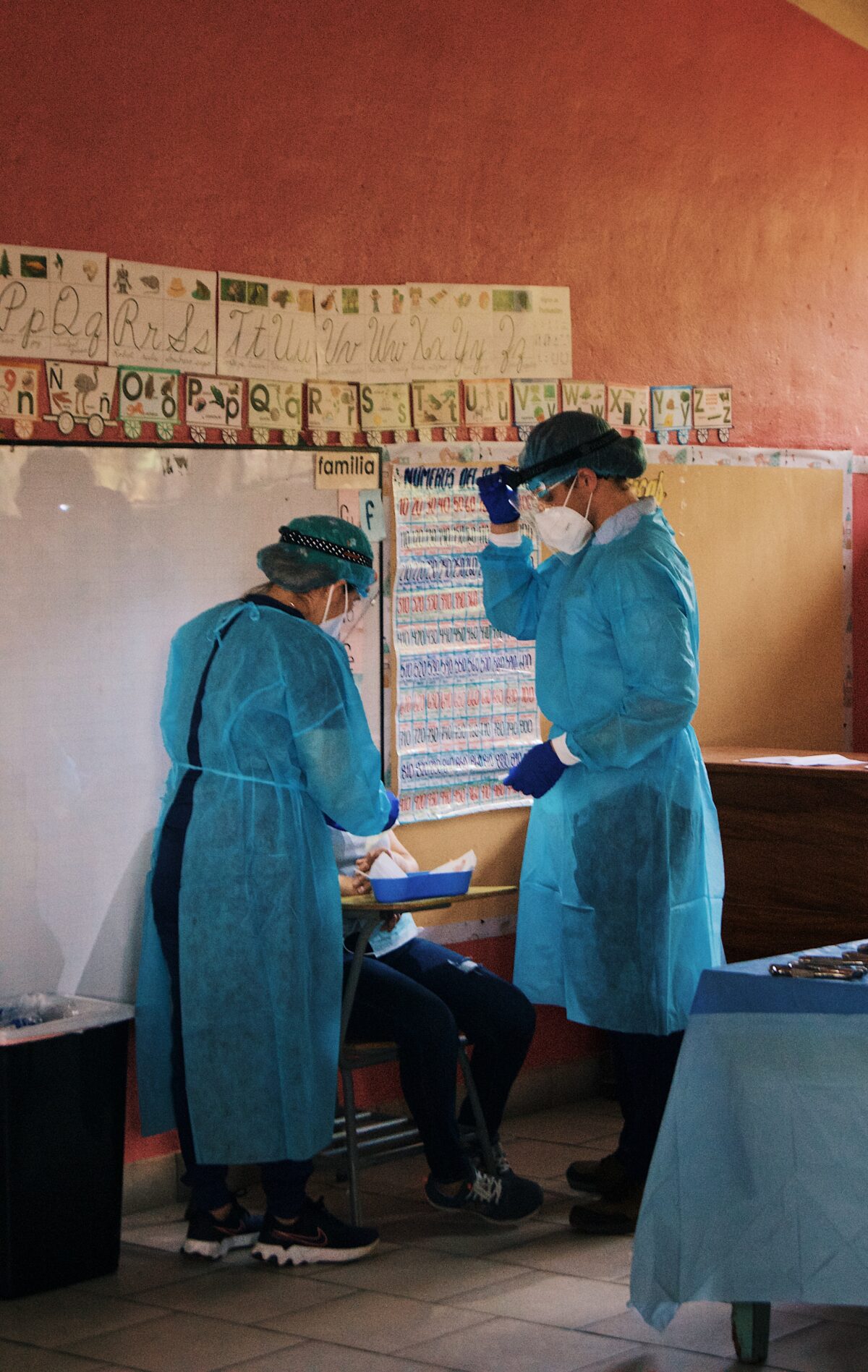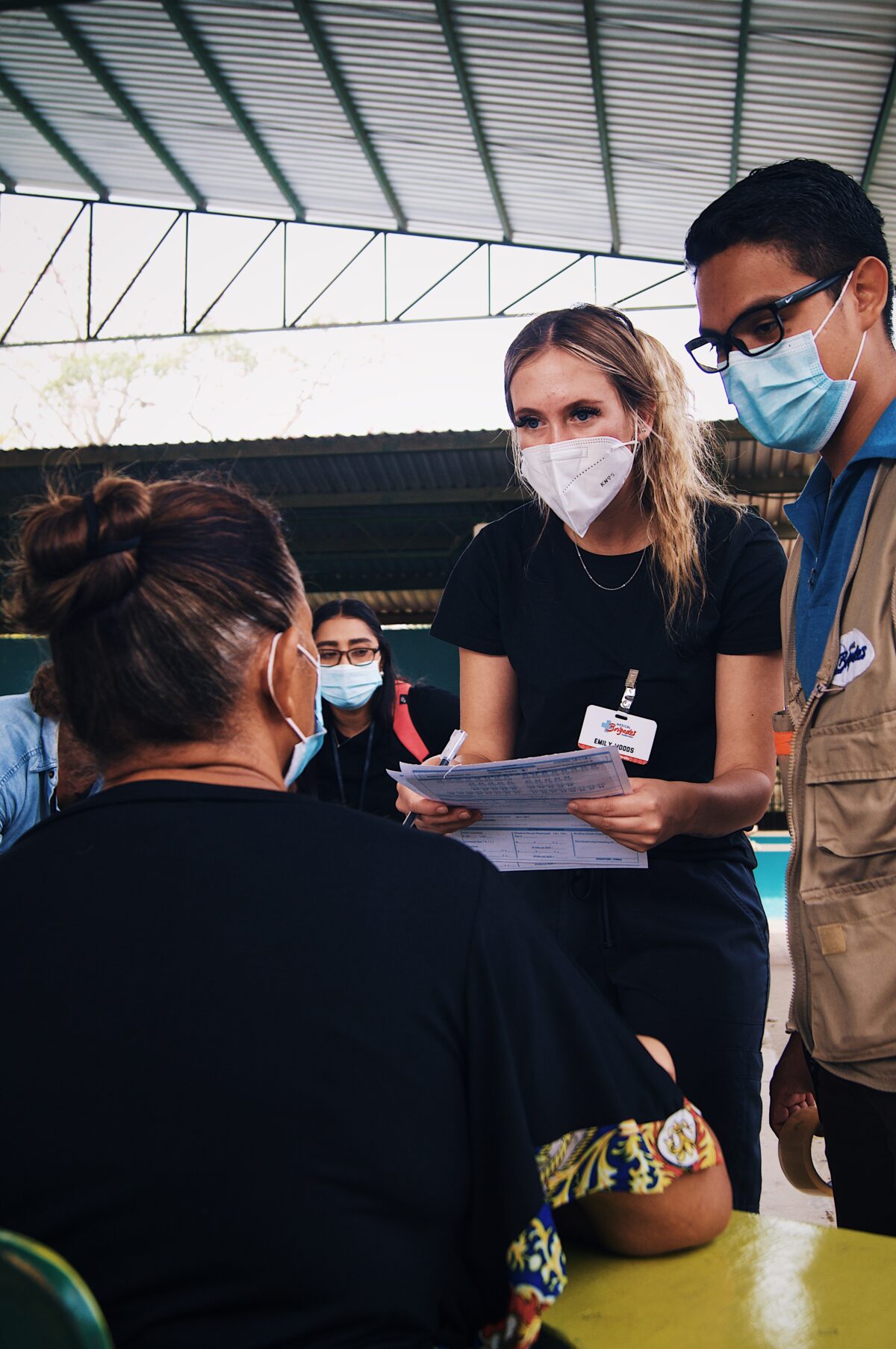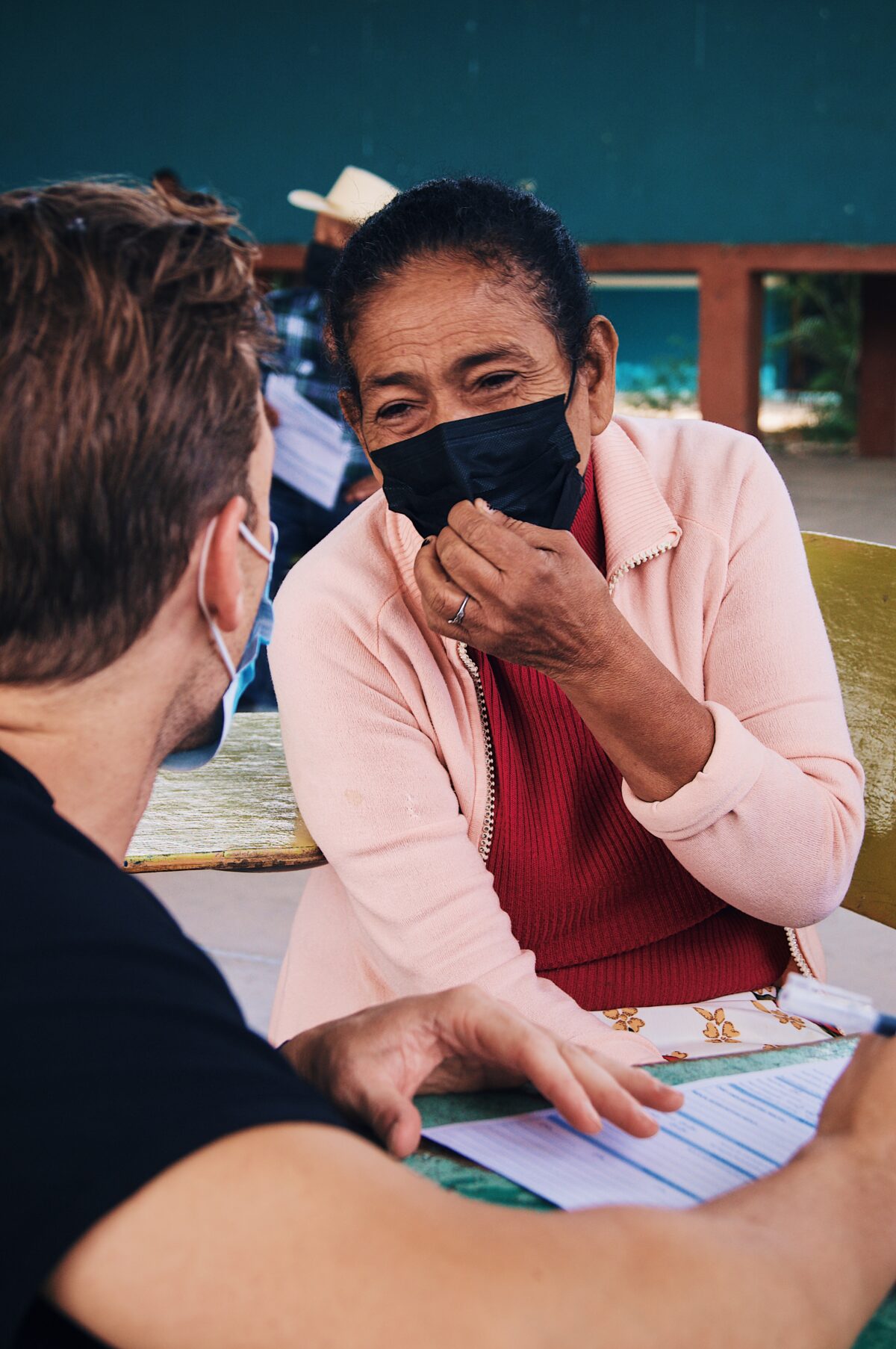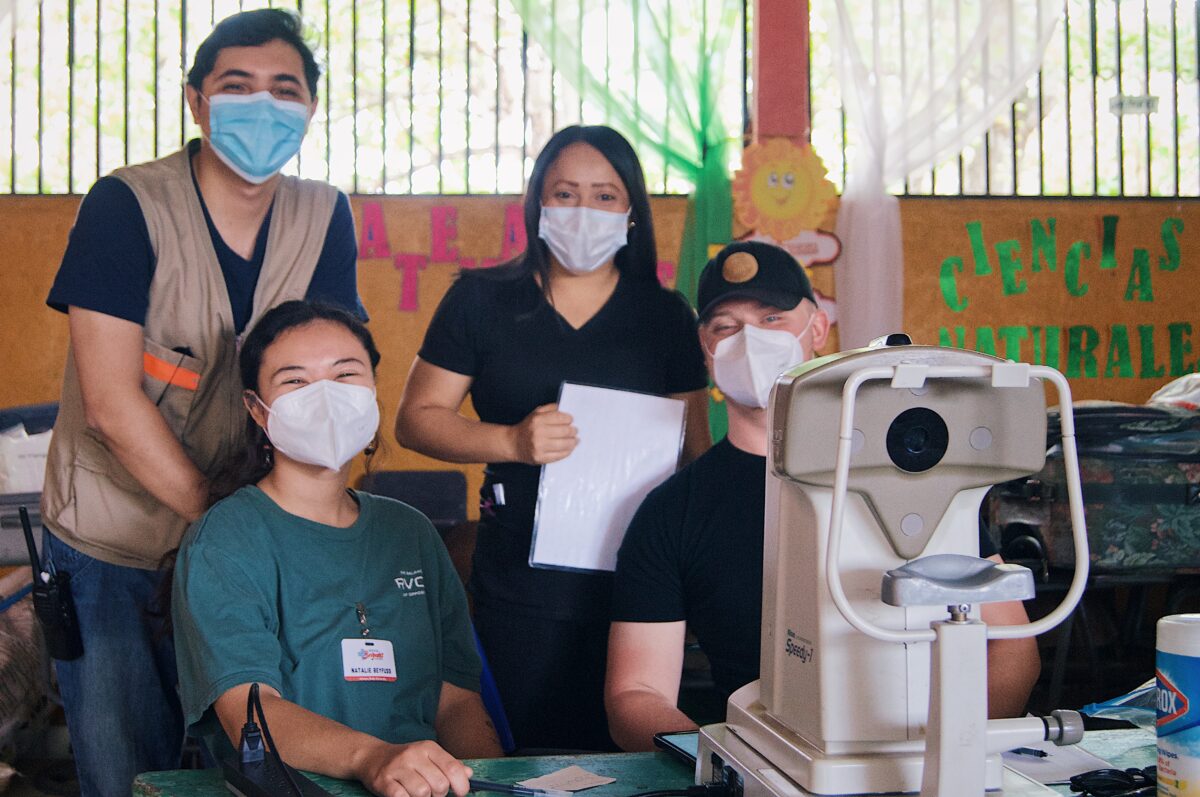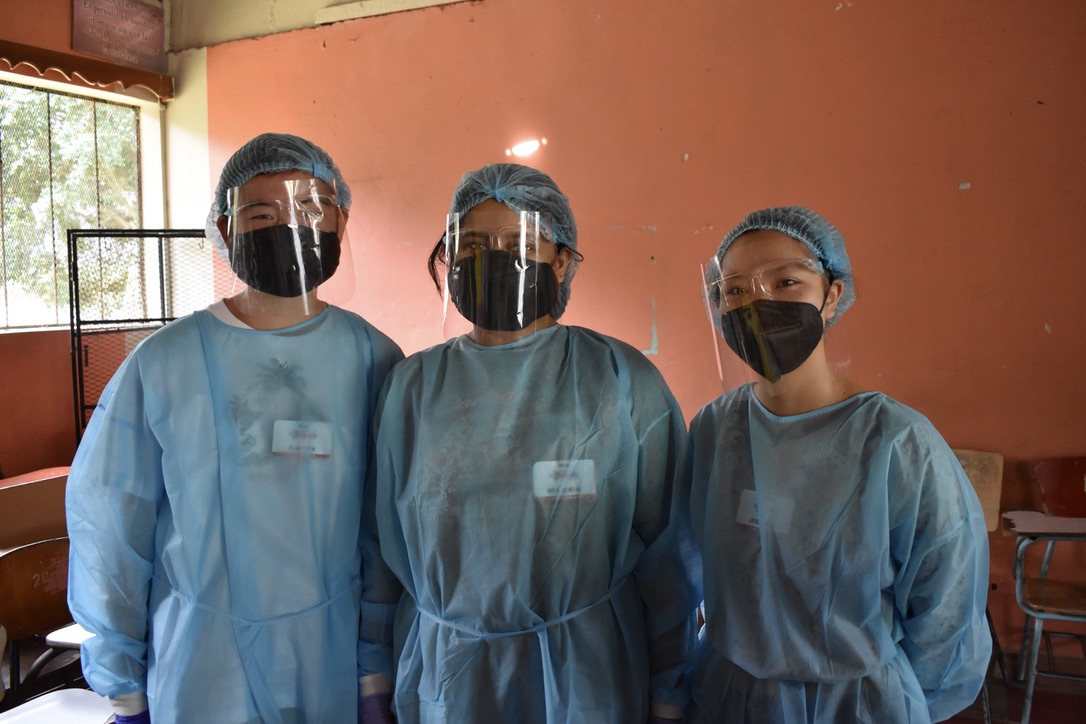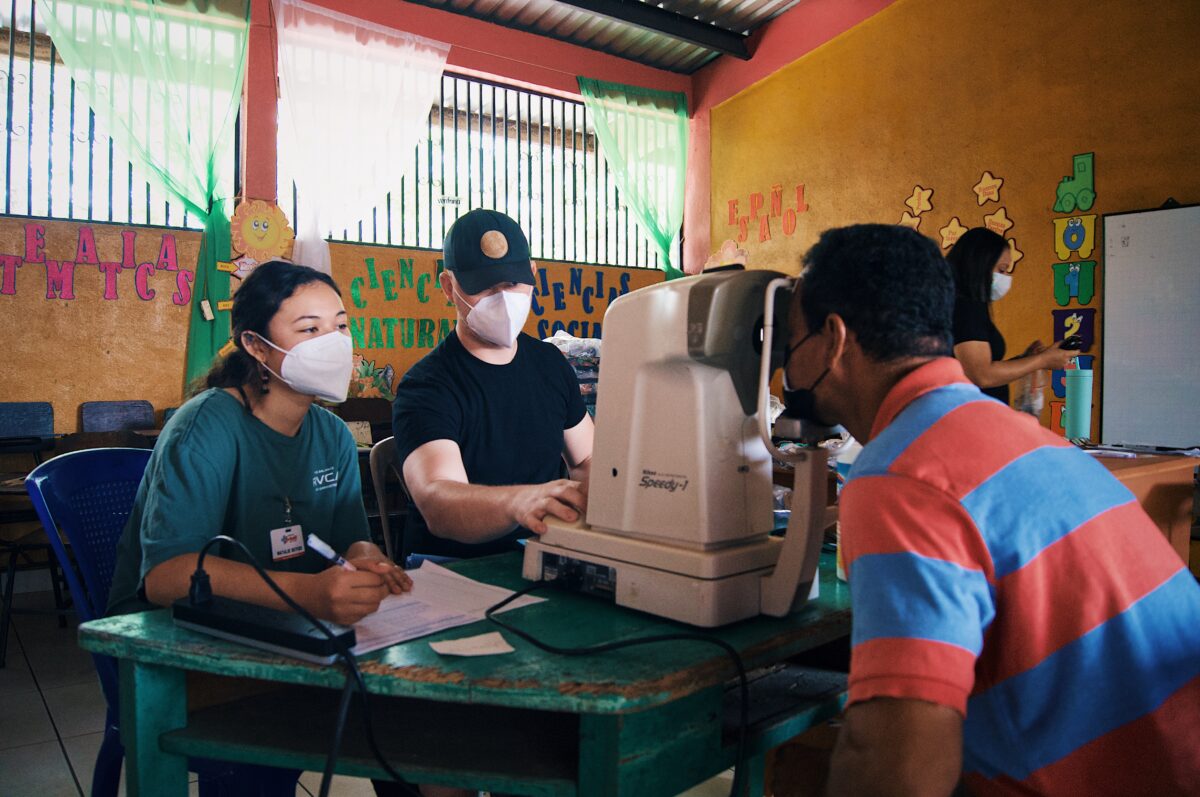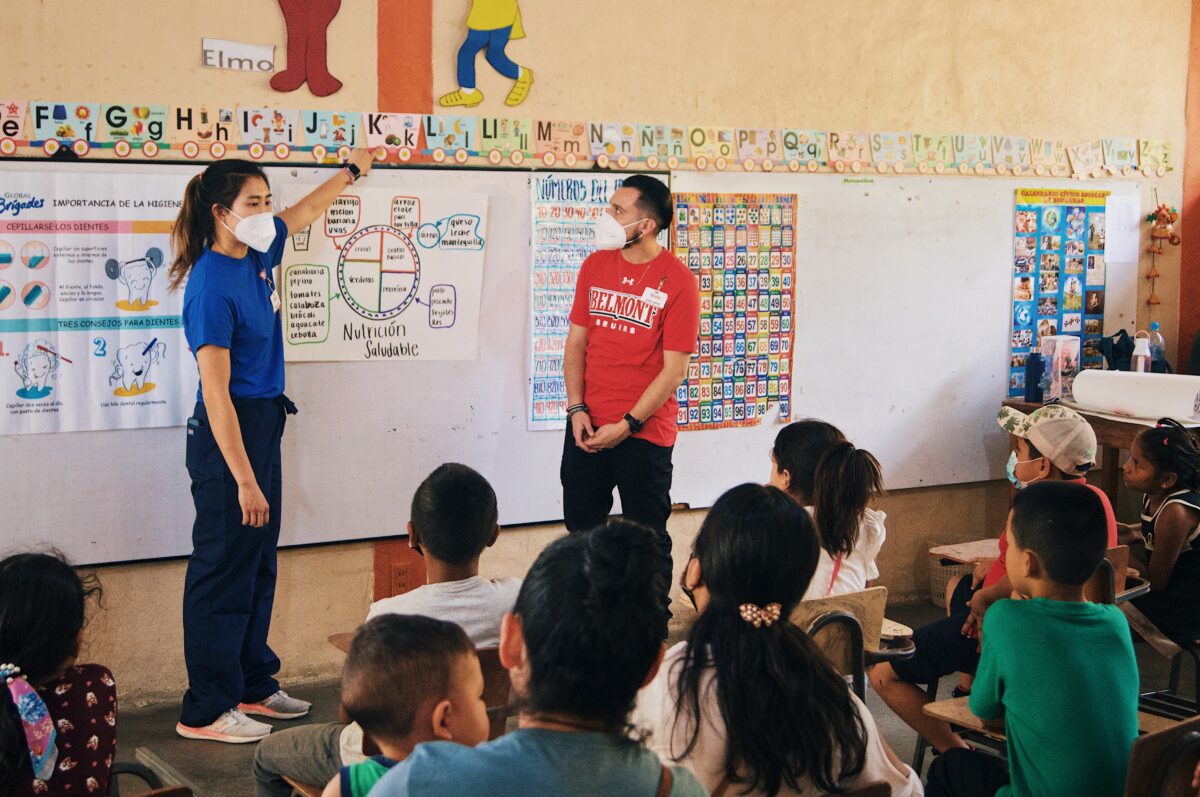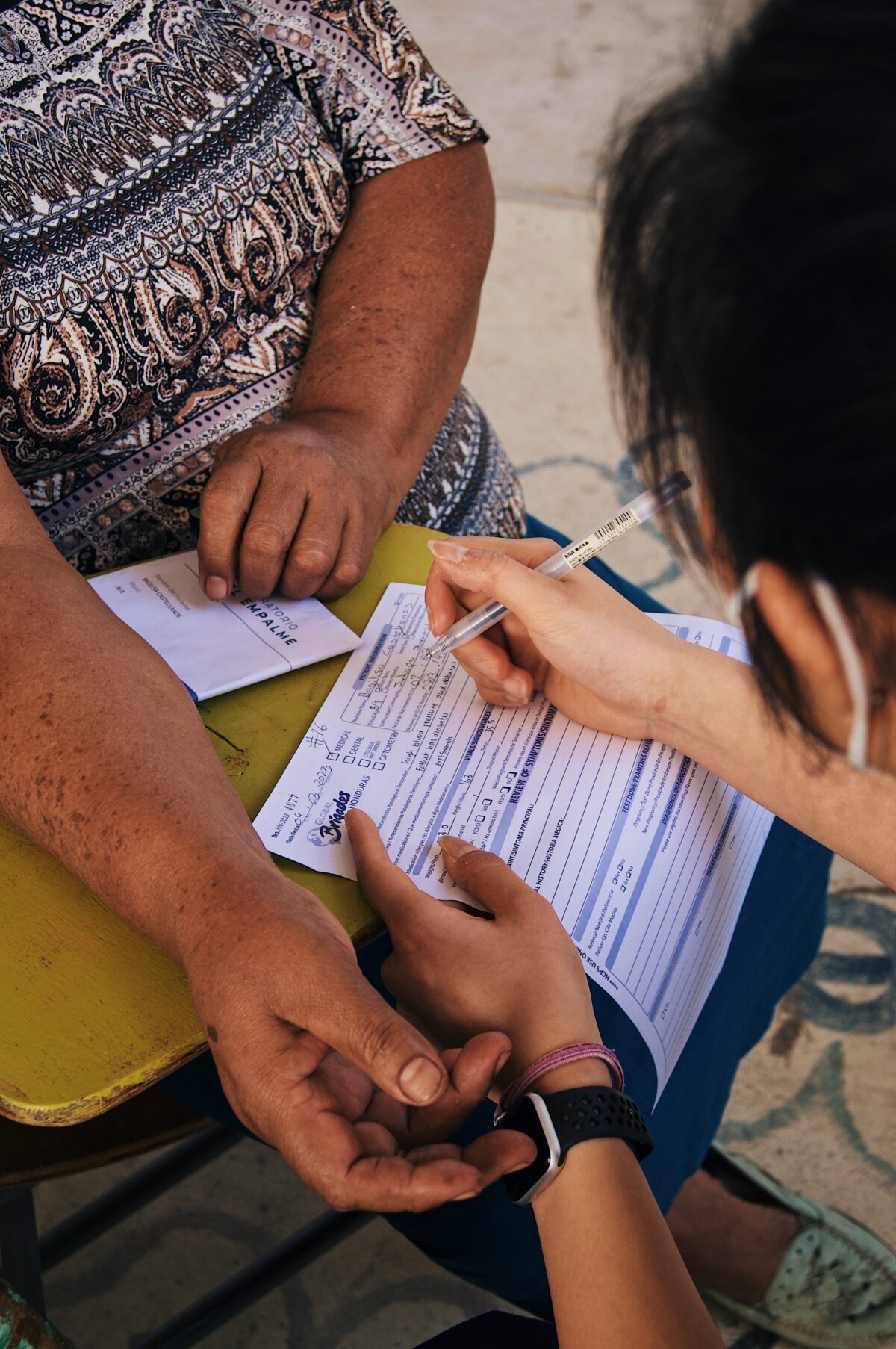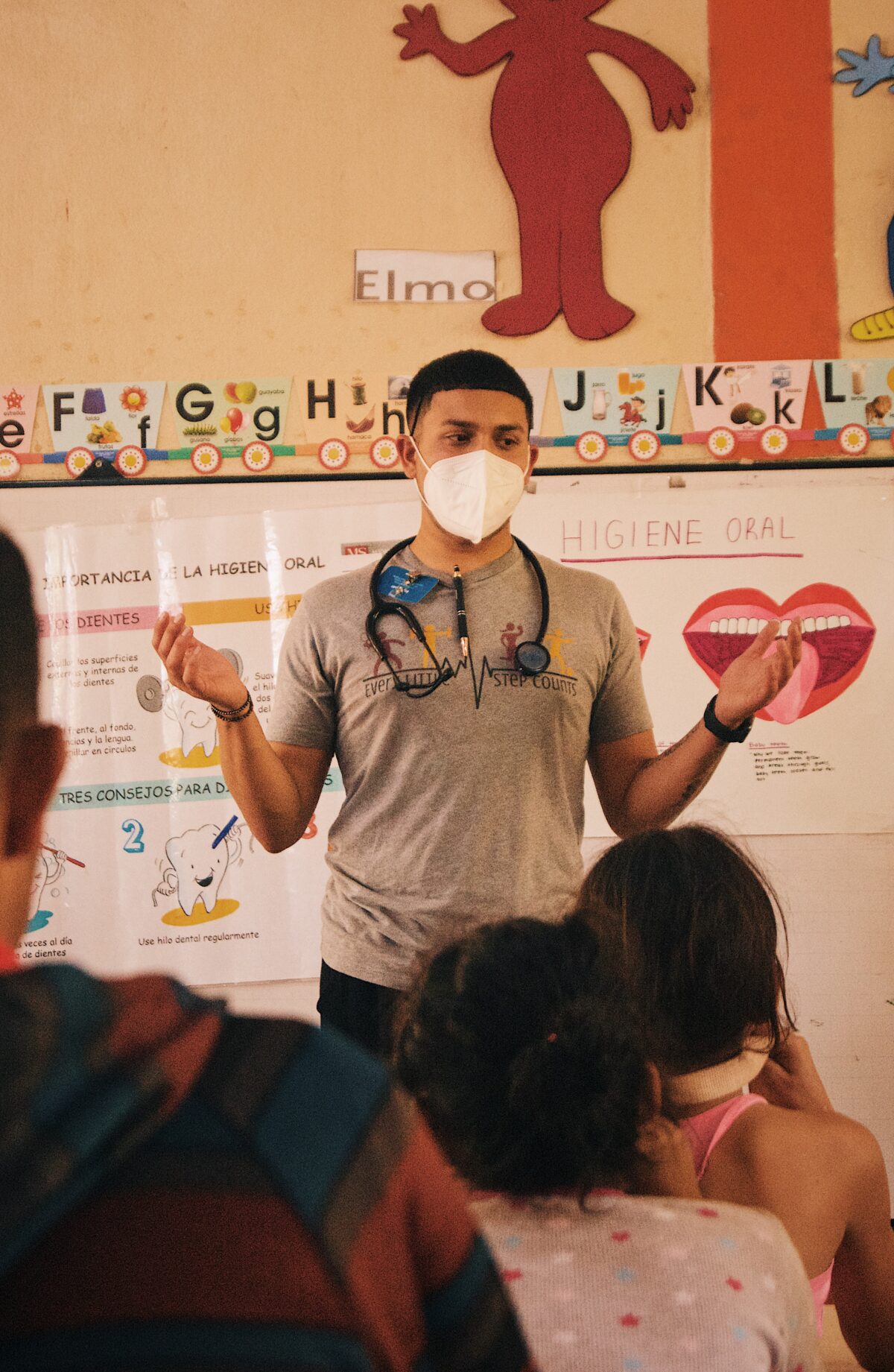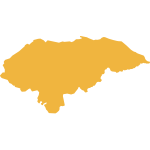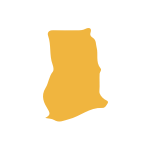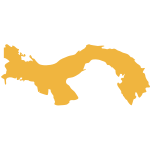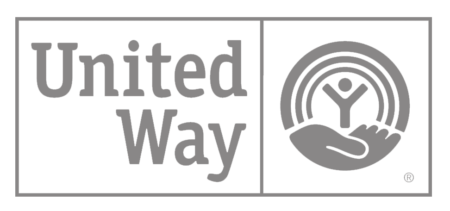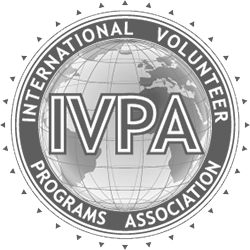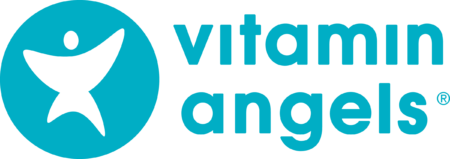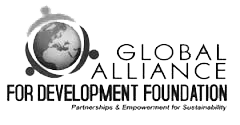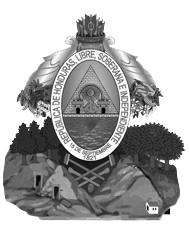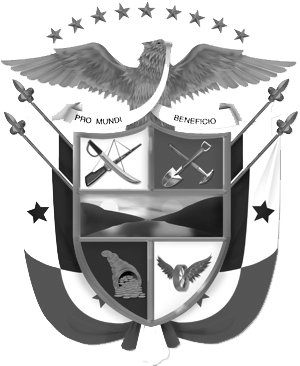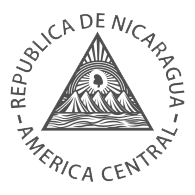A Guide to Medical Brigades
Medical Brigades host medical clinics in Honduras, Guatemala, Panama, Ghana, Greece, and Belize to support preventative and primary healthcare in communities with limited or no access to healthcare.
What is a Medical Brigade?
Medical Brigades provide pre-med students with the opportunity to gain experience in a medical clinic setting while making a tangible impact in global health.
During the 7 to 9 day Brigade, student volunteers:
- Shadow local doctors during patient consultations
- Support medicine distribution within the pharmacy
- Lead health education workshops
To make a sustainable change in health, volunteers also learn about health determinants such as public health, WASH, and economic access while also supporting the implementation of a water system and public health infrastructure.
Benefits of Medical Brigades for Pre-Med Students
After participating in a University Brigades Chapter, prospective healthcare professionals will gain valuable insights to prepare them for a medical career, such as:
- How to communicate effectively with patients
- Differences in access to healthcare between a Brigade country and their home country
- The use of electronic medical records system
- Experience learning a second language (Spanish, in most cases) to communicate with patients
- Teamwork and leadership development skills
- On-the-ground benefits of social innovations in healthcare
Benefits of Medical Brigades
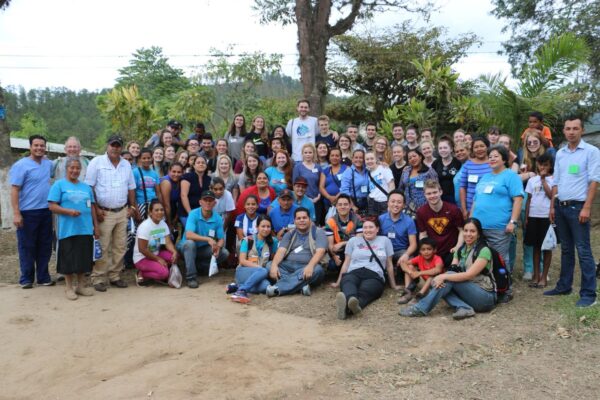
Joining a Global Medical Brigade is a great opportunity to explore the field of medicine, shadow physicians, and support ongoing sustainable development efforts.
Reasons to Go on a Medical Brigade
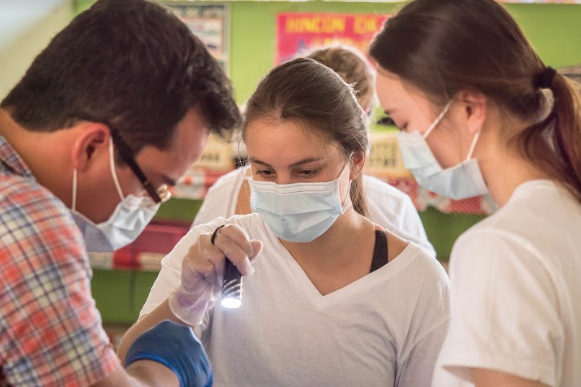
Picture yourself studying when a friend calls to ask, “Want to join a Medical Brigade with me?” Your immediate question in response is, “Why go on a Medical Brigade abroad?”
Gain Global Perspective on Healthcare
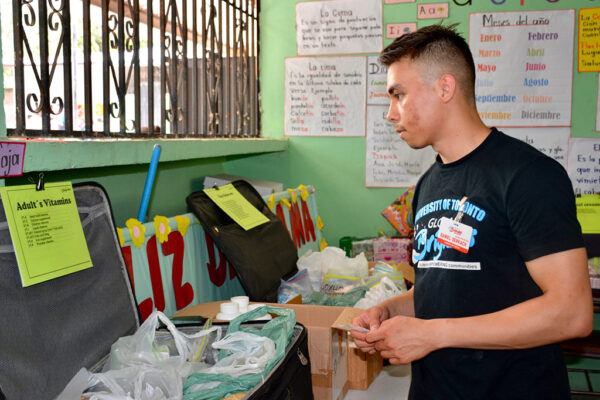
Discover how participating in a Global Medical Brigade empowered this student to adopt a global perspective on healthcare and understand the need for culturally appropriate care.
Clinic Stations
Station 1: Intake
After traveling for several hours or even days by foot or transportation, community members wait in line for the first station, which is intake.
Volunteers will have the opportunity to work with community volunteers to log the date of visit and patients’ name, age, gender, and community residence.
All of this information is documented in our electronic medical record system, Open MRS, which is hosted on a local server at the medical clinic so that the other stations can access the information.
NOTE: This may vary from programming country, feel free to reach out to your Program Associate for support.

Station 2: Triage
Volunteers will work with translators to record the following information for each patient, which will assist the healthcare professionals in diagnosis.
- Patient vitals, such as blood pressure and temperature
- Allergies
- Family history
- Chief complaints
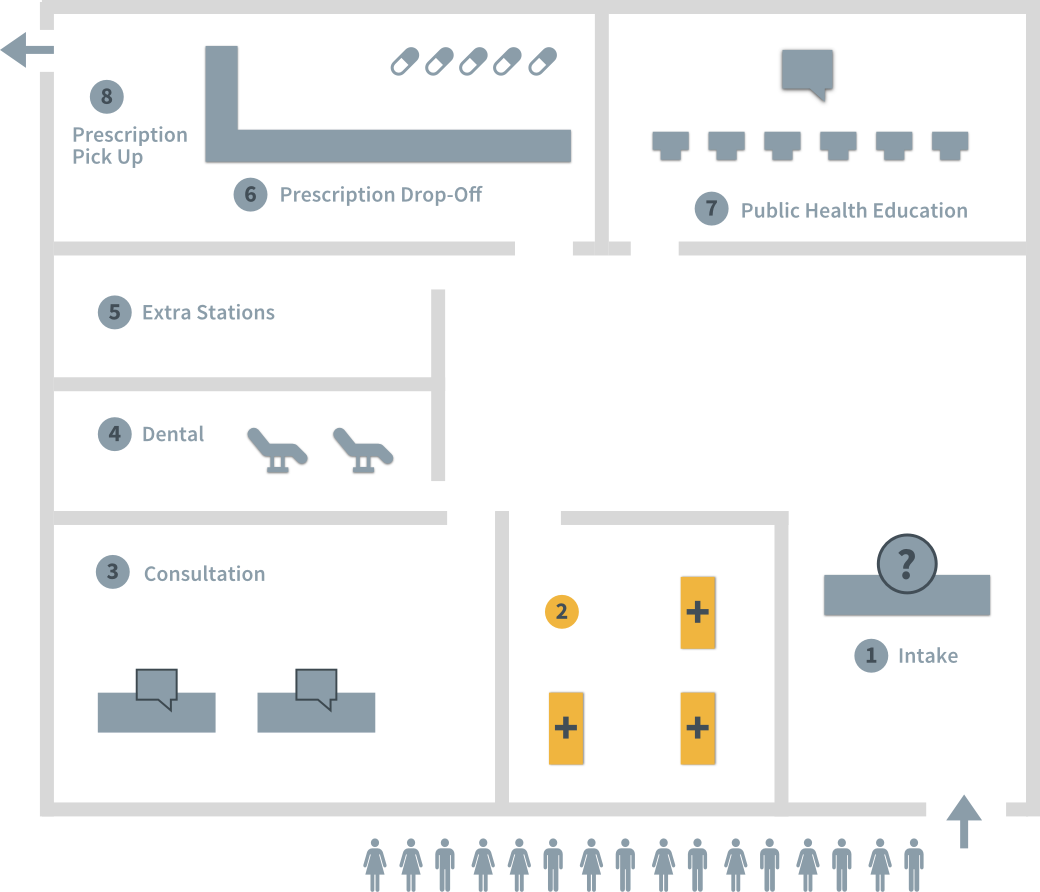
Station 3: Consultation
Volunteers will shadow a licensed healthcare professional as they consult with patients. The licensed doctor will ask the patient additional questions and then diagnosis the patient and prescribe any necessary medications.
During shadowing, the volunteer will have the opportunity to ask the doctor questions as well as assist the doctor in transcribing the information into the electronic medical records system.

Station 4: Dental
At the dental station, licensed dentists will perform fluoride treatments, teeth cleanings, and tooth extractions. Volunteers have the opportunity to shadow during these procedures and ask questions.
As a Brigadeer, you may also have the chance to assist children in learning proper teeth brushing techniques.
All Medical Brigades are encouraged to recruit dentists and volunteers interested in dentistry in order to host a dental station.
* If you have a Brigade in Greece, this station will not be included.
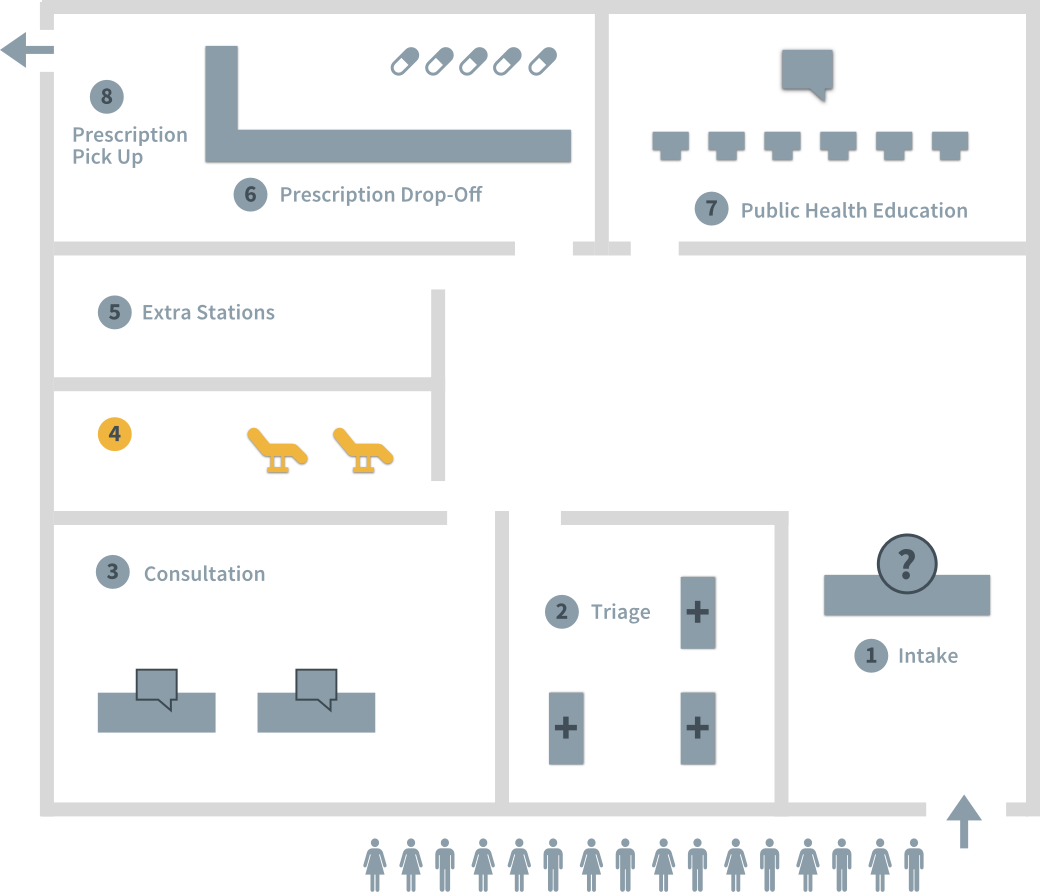
Station 5: Extra Stations
Medical Brigades are encouraged to recruit healthcare professionals and bring supplies for additional specialty stations, such as:
- Gynecology
- Optometry
- Physical Therapy
- Lab work

Station 6: Prescription Drop-Off
All patients will be given a prescription slip to drop off at the pharmacy station. At the pharmacy station, volunteers will have the opportunity to sort medications and fill prescriptions under the supervision of a licensed pharmacist.
* If you have a Brigade in Greece, this station will not be included.

Station 7: Educational Workshops
While patients’ prescriptions are being filled, they will receive education on the following topics:
- Mental health
- Dental health
- Sanitation and hygiene practices
- Women’s health
- Chronic Illnesses

Station 8: Prescription Drop-Off
After a prescription fulfillment has been reviewed by the licensed pharmacist on staff, volunteers who speak the local language will have the opportunity to provide the following prescription information with patients:
- Types of medications
- Dosage amounts
- Directions for medication usage
* If you have a Brigade in Greece, this station will not be included.

Frequently Asked Questions
How long is a Medical Brigade?
The Brigade itself lasts between 7-9 days. However, members of Global Medical Brigades University Chapters participate in Chapter activities throughout the school year, including preparation for an upcoming Brigade.
Is a short trip like this sustainable?
By itself, a 7 to 9 day Medical Brigade is not sustainable. However, Global Brigades’ medical program is built within our unique Holistic Model of development, and a Medical Brigade is one component of our programming.
Our local teams work year-round to implement our 3 areas of work within our model: Healthcare, WASH (Water, Sanitation, and Hygiene), and Economic Development, each paired with United Nations’ Sustainable Development Goals.
We partner with communities based on a mutual understanding that projects are not implemented for communities – they are implemented with communities.
Our programs are built around sustainable systems that allow communities to succeed beyond our brigades. Our intention is to help our partner communities reach 6 goals of an Empowered Community:
- Regular, affordable access to a doctor and prescription medication
- Daily access to a trained Community Health Worker
- Continuous access to a clean water system with a Water Council in place
- >90% household adoption of latrines, eco-stoves and water filters
- Access to sufficient, affordable credit with a Community Bank in place
- Ongoing technical capacity for income creation and diversification
Who is eligible to go on a Medical Brigade?
University students who are at least 18 years of age and preparing for a future career as a physician are eligible to participate in a Medical Brigade. Students can join their local Medical Brigades Chapter or become a Chapter Leader, if a current chapter doesn’t already exist.
To be eligible for a Brigade and support the sustainable vision of Global Medical Brigades, students must participate in their local Brigades Chapter throughout the school year.
Global Brigades also offers opportunities for students and professionals in:
- Nursing/pre-nursing
- Dental/pre-dental
- Public health
- Business
- Engineering
Do Brigades include any downtime for exploring the local area?
Depending on the location, Brigades do include some free time each day and a cultural activity at one point during the week. However, the Brigade itself is not designed for significant time to sightsee or participate in tourist activities unless chosen as an “add-on” after the clinical portion of the program.
Read more about voluntourism and how to avoid the common pitfalls of tourism volunteering.
How much does it cost to go on a Medical Brigade?
Donation goal ranges generally fall between $1,300 and $2,100 USD per student, not including airfare depending on brigade location, length and number of volunteers. (Airfare costs may be worked into an adjusted volunteer donation goal.)
In order to participate in a Medical Brigade, all volunteers must meet a Donation Goal. This is not considered a payment, but support toward our Global Brigades’ Holistic Model. Once a volunteer meets a set Donation Goal, they are eligible to join us on-the-ground to see their fundraising efforts put into action by participating in a Medical Brigade.
Your ground transportation, food, lodging, and emergency insurance are all covered during the Medical Brigade as long as you meet your Donation Goal. The funding that you raised also supports all the necessary costs for program implementation, such as equipment, medications, local doctors, pharmacists, translators, and support staff.
During your time as a participant in a Medical Brigades Chapter at your university, you will be given support to help you fundraise for your Donation Goal.
Scholarships are available for students who start or refer a new Chapter.
When do Medical Brigades happen?
There are various Brigades scheduled throughout the year, many of which occur during summer, fall, winter, and spring breaks. If you start a university Chapter, you’ll work with the Global Brigades staff to schedule trip dates that work best for your Chapter. Students who join existing chapters should consult with their Chapter Leader regarding upcoming trip dates.
What safety measures are employed during Brigades to protect volunteers?
Volunteer safety is of utmost importance at all times. Each country that Global Brigades serves in has implemented safety protocols and policies to decrease the risk of danger and to ensure that any emergency can be properly handled in a prompt and professional manner.
For more information on safety precautions, emergency procedures, and insurance information, please visit Safety and Insurance on the Volunteer Resource Site along with results from third party safety audits.
How do I apply to go on a Medical Brigade?
Because our Brigades are built into a sustainable model of global healthcare, the application process for individual Brigades takes place as part of your participation in a local university Brigades Chapter. To join a Brigade, fill out the contact form below to learn more about opportunities on your campus. Our staff will help you take the next steps.
How Do I Join a Medical Brigade?
Get in touch with our team to start a Medical Brigades Chapter or join an existing group. Talk with our experienced staff about the impact you can make in under-resourced communities, available scholarship opportunities, and how this opportunity will connect you with other passionate students on your campus.
After filling out the form, we will be in touch to provide you with next steps.
What students are saying
Roxanne Coronel
Volunteer, UC Berkeley Medical Brigades Chapter
What amazes me too is how holistic Global Brigades is. Each day of the brigade had a Medical, Dental, and Gynecology component in it. Patients attended a community charla (workshop) that educates them about key health practices. We were able to suture a patient whose left hand got caught in between his horse and a fence. The brigaders also provided Dental Education and fluoride treatment to over 30 children during our Pilot Day. Truly, Global Brigades empowered us to provide medical and dental services even in the most remote locations.
Yes, there is so much more that needs to be done. But we will do the work one brigade at a time until one day the communities we serve can thrive on their own. Many thanks to Global Brigades for giving me an opportunity to go beyond my borders and touch lives in Honduras! It truly was the trip of my lifetime. Hasta Luego!
Michelle Chen
Chapter President, College of William and Mary Medical Brigades Chapter
The great thing about a Medical Brigade is how incredibly holistic it is. Aside from triage, physician consultations, and the pharmacy, our brigade also included a dental station, a gynecology station, as well as public health charlas for children and adults. Health is affected by so many different factors, and I was really happy that, in addition to treating illnesses, we were also helping prevent them by teaching the children how to properly wash their hands and brush their teeth. This knowledge will follow them and prevent them from getting sick for the rest of their lives.
The brigade also forced me to re-evaluate my own life. Being so fortunate to have grown up in the United States, it’s easy to get caught up in the little things and not appreciate all that I have at home. Seeing how happy and grateful the people of Mata de Platano are despite how little they have, and seeing the children’s faces light up into the most beautiful smiles at the sight of a sticker…it’s indescribable.

Alana Hartley
Chapter President, Oakland University Medical Brigades Chapter
Going on a medical brigade to Honduras was the best decision I ever made.
I feel like there’s so much more to life now. When you have an experience that changes you so much, that calls into question everything you’ve ever known about life, of course you’re going to have many things swirling around in your head. So many things you can’t even put into words. I think of my brigade experience as placing a mirror in front of my life and making me see (and even question) the choices I make and the way I live. I found myself asking questions like:
– How can I make a difference locally and globally?
– What should I do to help others?
– Why didn’t I think of this sooner?
The brigade experience – it’s so wonderful. I never knew that something in life could have such a profound effect on me. Never did I think that a week-long trip with my fellow classmates would change me so much. Since returning from Honduras last December, I have been empowered to become more active within Global Brigades at my school. My hope is to motivate fellow students to make a difference and become involved in a cause like Global Brigades.

Megan Mar
Chairperson, UC San Diego Medical Brigades Chapter
Having done Medical Brigades for the past three years, I feel like my experiences have evolved over time. To be honest, when I first arrived in Honduras for a brigade, I loved it. I enjoyed stripping away luxuries of my American life, as well as being immersed in the culture of Latin America. During my first brigade, my favorite memories involved working in Triage. I enjoyed talking directly to the community members, hearing insight into their daily life, and realizing the health issues that they were struggling with prior to our brigade in their community. After this first brigade, I realized my passion for patient care and direct patient interaction, which helped define my future career choices. My second year as a brigader, I became an officer, and learned a little about the inner workings of Global Brigades as an organization. I enjoyed leading other brigaders, sharing my passion for serving under-resourced communities, as well as distinguishing why Global Brigades is so much better than other volunteer organizations because of their emphasis on making a sustainable impact in the communities we help.
While leading the brigade this past year, my favorite part was helping to empower brigaders for all that we do in Honduras, and making real connections with the communities we visited during our Medical and Pilot Day brigades. This year, experiencing Architecture Brigades one day, seeing what Public Health and Water Brigades also did in that community, combined with learning about other volunteer organizations at school, finally made me realize the importance of Global Brigades’ role as a whole.

Ganga Moorthy
Chapter President, University of Oklahoma Medical Brigades Chapter
Perhaps the greatest thing about Global Brigades has been getting to immerse myself in the culture of the people we serve. The communities truly welcome you as one of their own and the relationships that are formed allow GB to integrate into part of these individuals’ lives rather than serve as outsiders. This adds to the model of sustainable development and makes the work even more meaningful. During our trip to Ghana this January, I saw first hand how GB’s model works to improve communities wholly and engages work on multiple, connected development issues. Understanding and connecting these issues to specific individuals and taking into consideration their traditions, values, and needs allowed us to engage the people of our communities to take ownership of their health and have them join us to improve their lives. The greatest lesson I learned was that development must allow people to help themselves. Without empowering people and showing them that they can take measures to improve their own lives, development fails to be sustainable and GB does an incredible job of sharing this vision with students.

Laura Collier
Chairperson, Oakland University Medical Brigades Chapter
Passion. This word sparked my initiative to implement a positive change in today’s world. Inevitably, in combination with my passion for medicine, this initiative paved my journey towards health equity; I strove to help aid the billion people suffering in destitute poverty with little, or no access to healthcare. As a product of passion, I launched a chapter of Global Medical Brigades at Oakland University. Together, as a group of Oakland University students, we worked to organize and plan a medical brigade. Our goal was to provide free healthcare to as many people as possible in a rural Honduran community.
Global Brigades launched with the insight of this powerful idea; that, as students, we have the capability of changing our world, and empowering our collegiate communities. As students we stand as influential advocates for global health, and socioeconomic development in the Developing World…
Global Brigades has provided me with so many incredible opportunities. My Honduran experiences reaffirmed my passion for humanitarianism, as well as, medicine. Not only have I grown as a person, but the skills I have acquired as a Global Brigades’ student leader are priceless. Thank you, Global Brigades and all the wonderful student leaders Global Brigades encompasses. Keep up the great work!

Grace Crossley
Volunteer, Northeastern University Medical Brigades Chapter
Global Brigades was a life changing experience. The impact it made in my life was ten-fold what we were able to do in the communities. I learned so much about dentistry, optometry, and general medical knowledge, but more importantly the connections I made in the communities and on the brigade will be with me for the rest of my life. This week reminded me why I want to be a doctor and how our health care systems are so broken, globally. I made family with the staff and doctors on the brigades, and I am trying to find a way to go back to Guatemala to continue helping communities. There is always more to be done, and I would like to contribute in any way needed.


Meagan Reed
Volunteer, Seton Hall University Medical Brigades Chapter
Being a part of Global Medical Brigades has been everything and more. Our trip to Honduras was a trip of a lifetime and something I will always take with me. Being able to work so closely with doctors, pharmacists and dentists gave me first hand experiences into healthcare in a 3rd world country. Being able to see what a difference we made in these families lives was a humbling experience and something I will always take with me. It made me realize how important the little things are in life and to not take them for granted. In the future, I would love to do another brigade.


Cheryl Cheah
Volunteer, University of Arizona College of Pharmacy Medical Brigades Chapter
I had the opportunity to brigade to Ghana last winter break and it was one of the most rewarding experiences I’ve ever had. Before going to Ghana with the University of Arizona College of Pharmacy Medical Brigade, I was hoping that this clinical trip would give me an introduction to the medical field in a less developed country. I expected to learn about the health care system in Ghana as well as learn some elementary medical skills. I soon found out that this trip was beyond my expectations, because my experiences in Ghana didn’t just give me a glimpse of the medical field; it boosted my passion to become a pediatrician exponentially.”


Iris Guo
Chapter President, Pennsylvania State University Medical Brigades Chapter
Like many pre-medical students, I initially joined Global Medical Brigades because I was told that it would look good on my medical school applications. However, after returning from my first trip to Honduras my sophomore year of college, I realized that health is attributed by a variety of factors aside from the diseases themselves. In the community that we went to, San Diego Dali, the most common ailments would have been easily preventable had they had the proper infrastructure to do so. After returning from this brigade, I actively sought out classes that dissected the root cause of health in developing countries—this led me to my Global Health Minor. This minor, my study abroad program in South Africa, and being elected co-president of Global Medical Brigades at Penn State for my junior and senior year all evidently shifted my mentality about wanting to practice medicine as a physician. I realized that I was able to make much more of an impact influencing pre-medical students to think about health in a different manner by exposing them to an experience such as the brigade trips. This in combination with providing them the resources to communicate and learn from the community members we treat, will hopefully breed a new generation of culturally competent and accepting individuals.

Don't want to travel? Virtually shadow doctors during patient consultations
This DONATION is non-refundable
This DONATION is non-refundable Global Brigades, Inc. is a 501(c)(3) charitable organization. Your donation will be used to further Global Brigades' mission and will be allocated toward the program you selected. This donation will not be utilized to fulfill a chapter or a volunteer's fundraising goal. Read Global Brigades, Inc's full Donation Refund Policy here.
Looking to donate to support a volunteer's fundraising goal? Find their Global Brigades Chapter by searching our Chapters map and then selecting their upcoming brigade. If you need help finding their chapter, you can ask the volunteer to send you their brigade's specific website link or you can contact us.
By making this donation, I agree to the no-refund policy
I am cancelling my donation to support Global Brigades
